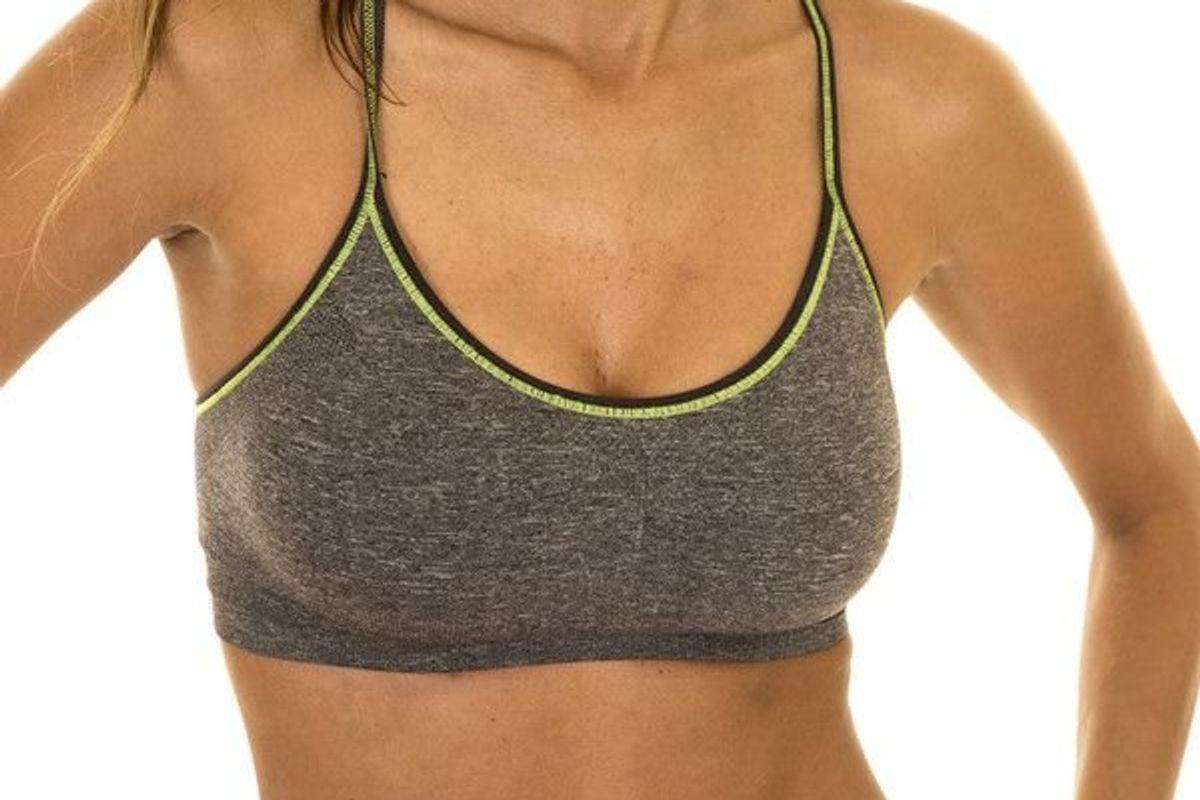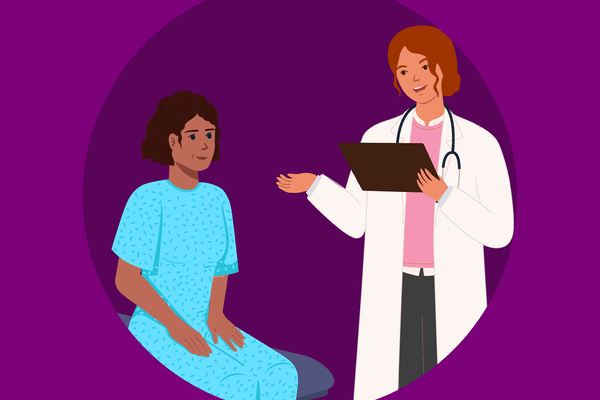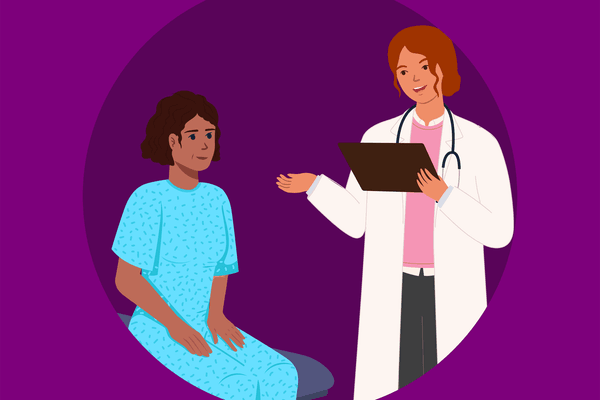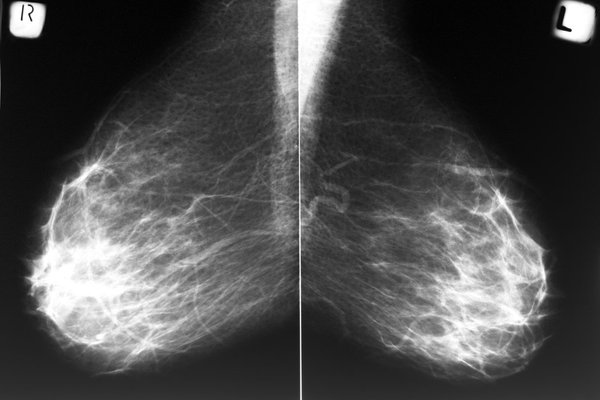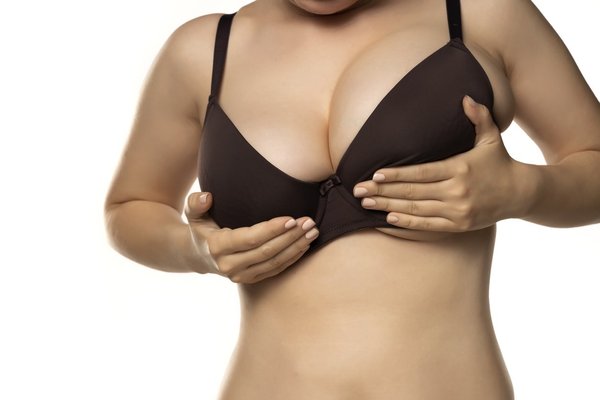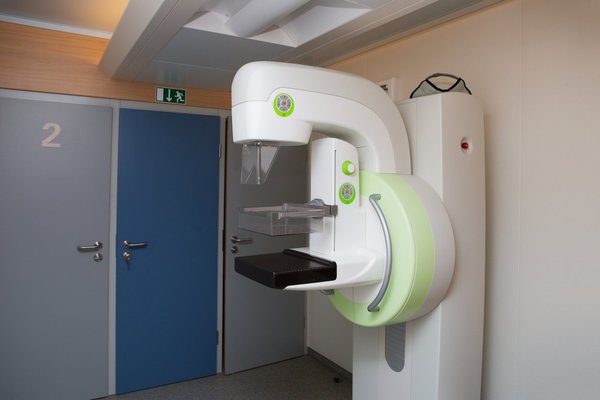As an OB/GYN, I see many women with very active lifestyles—from the marathon runner to the yoga teacher. One question I hear frequently is, "Why do my breasts ache after my workouts?"
It's not surprising since we know that 72 percent of women experience breast discomfort with their menstrual cycle, and 45 percent of these women avoid physical activity altogether—22 percent even avoid walking during that time of the month.1
Fibrocystic breast condition (FBC) is the medical term for tender, swollen, achy and sometimes lumpy breasts believed to be related to hormonal changes during the menstrual cycle. Some studies have begun to examine the degree to which exercise contributes to breast pain in women and how this pain affects the ways women exercise.
Many women think the discomfort is part of being a woman and something they just simply have to live with—but they don't. Whether your fitness routine involves yoga, running, weight-lifting or something in-between, this pain can affect how you maintain your fitness goals, taking a toll both physically and emotionally.
Here are a few easy tips to reduce your post-workout breast pain:
- The Sports Bra: Your breast pain could very well be the consequence of an over-worn sports bra—and plain old physics. Have you had your favorite sports bra for more than a year? It could be time to find a new favorite. This is especially crucial for women with a C cup and above, who should consider replacing their bras every 6 to 8 months depending on your physical activity and use.
- Eat Clean: Your favorite prepackaged and processed snack foods could be contributing to the pain. Try swapping in more fresh fruits and veggies to see if you notice a difference in pain level.
- Cut the Caffeine: Could your daily cup of joe be the culprit? When women visit me for serious breast pain, this is typically one of the first questions I ask. It might be hard to stop cold turkey at first, so reduce your intake and see if you notice a difference.
- Molecular Iodine: Health care professionals are just now learning about the benefits of molecular iodine in alleviating menstrual-related breast pain. Molecular iodine has a different molecular structure than other iodine compounds and is the only form of iodine that has specifically been studied for treatment of cyclic breast pain. Molecular iodine supplements, such as Violet iodine, can be obtained without a prescription and are non-hormonal, offering women a new option for reducing swollen breast tissue.
- Don't Stop Exercising: It may still be painful, but staying in shape can prevent increased breast pain down the road. Try mixing up your workout routine. Strengthening your muscles can benefit your entire body. Stay strong!
In the end, better breast health and less breast pain come down to making daily lifestyle choices that work best for you.
Lee P. Shulman, MD, is chief of the Division of Clinical Genetics in the Department of Obstetrics and Gynecology at the Feinberg School of Medicine at Northwestern University in Chicago, Illinois.
1 This survey was conducted online within the United States by Harris Poll on behalf of BioPharmXfrom January 7-11, 2016, among 582 adult women ages 18-49.

